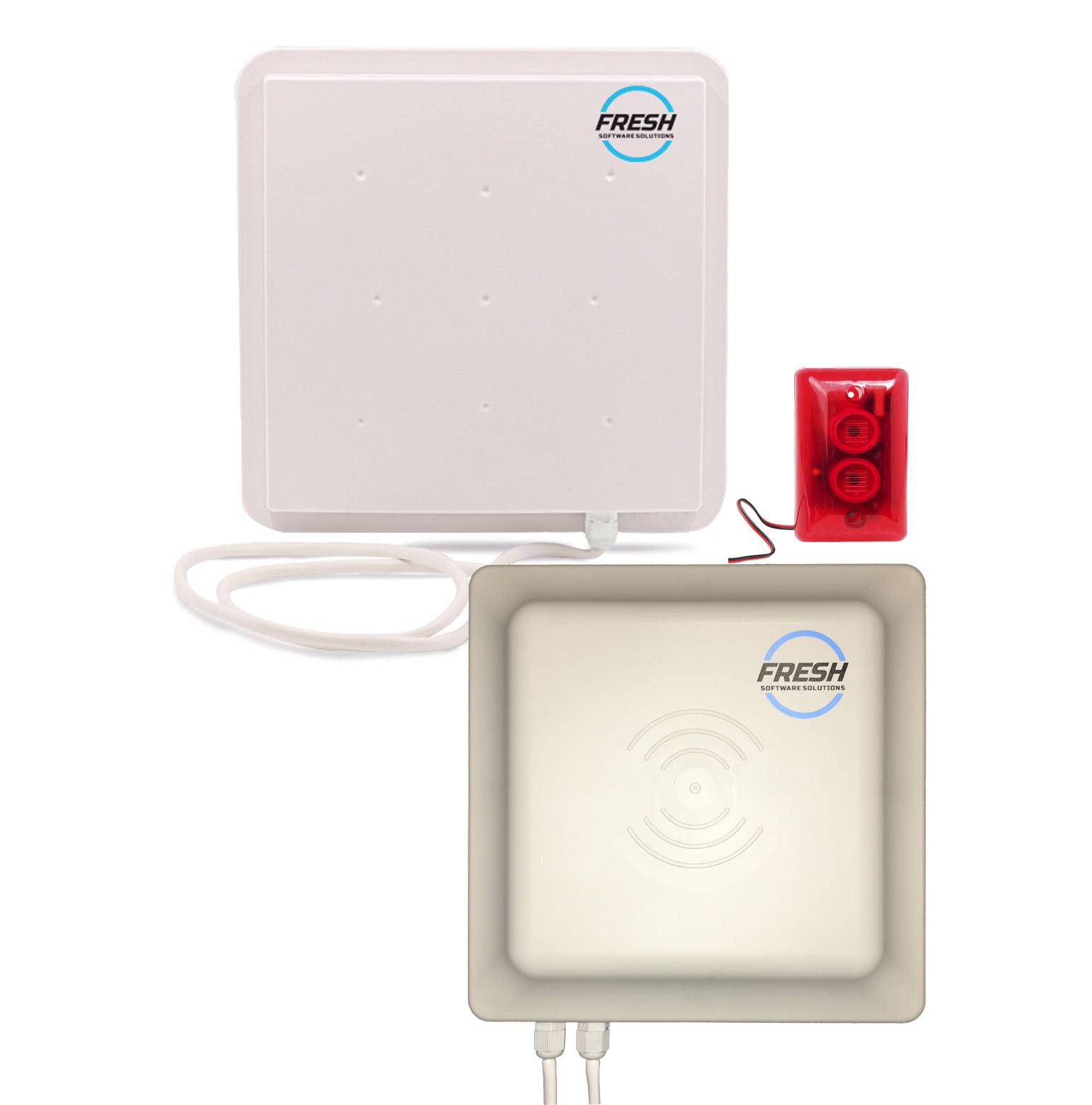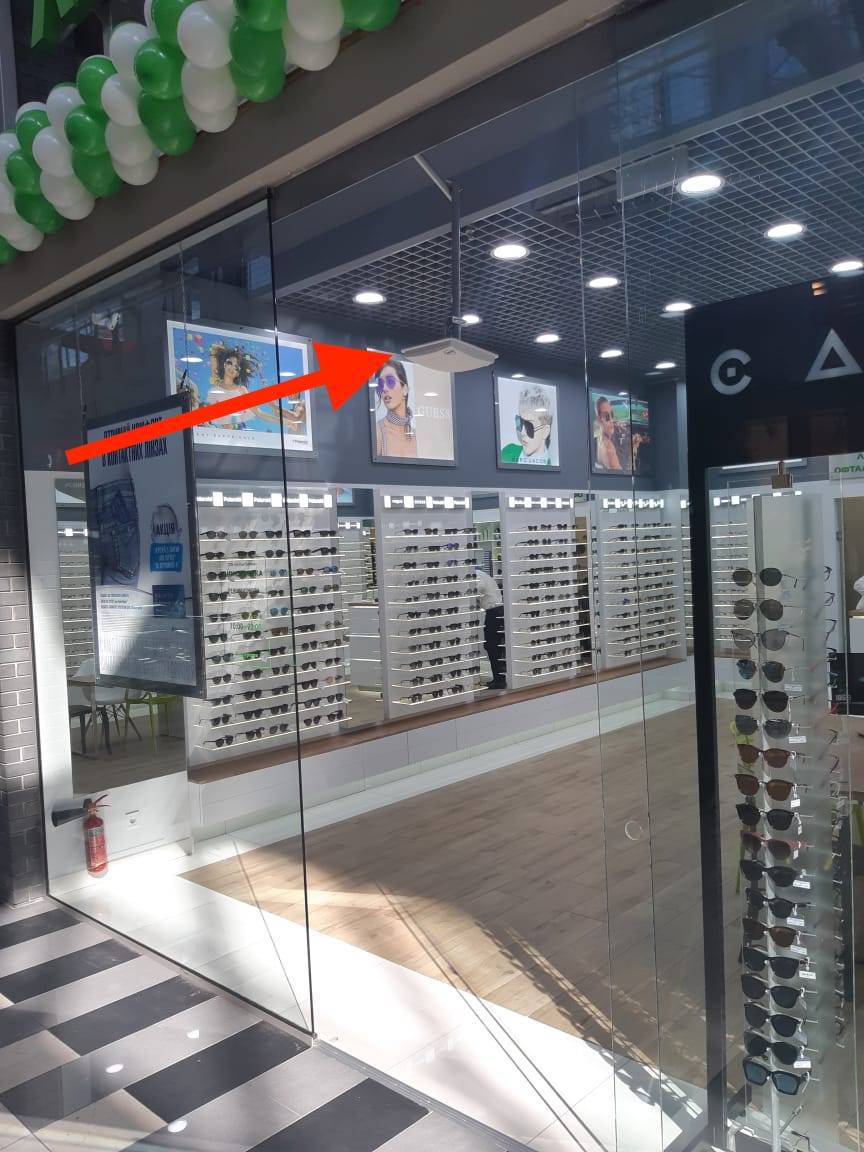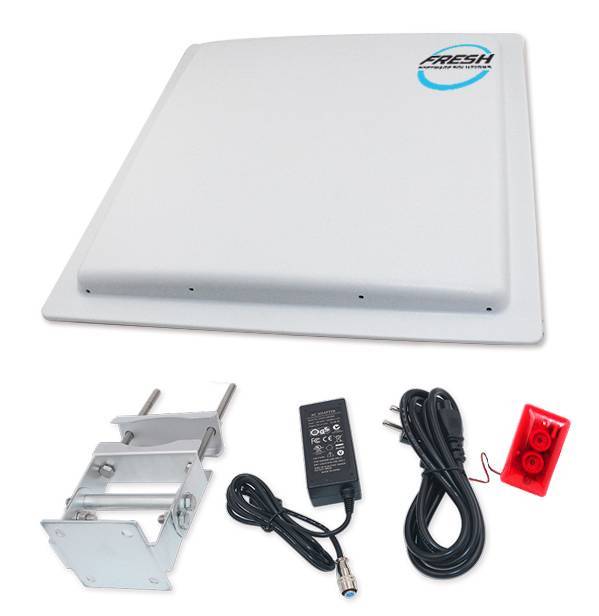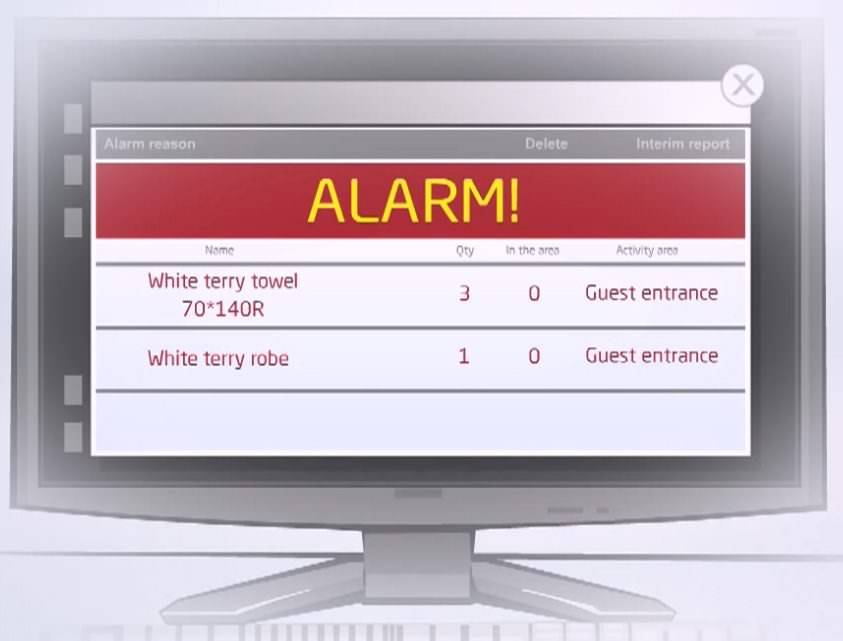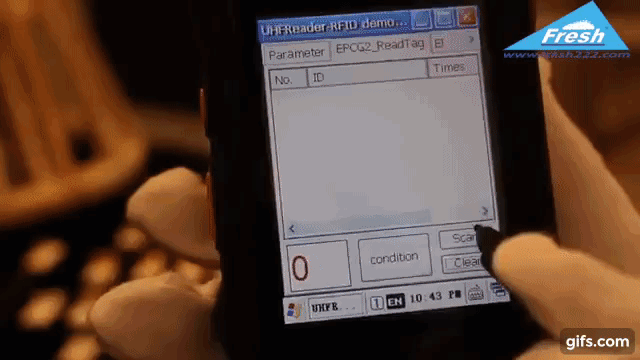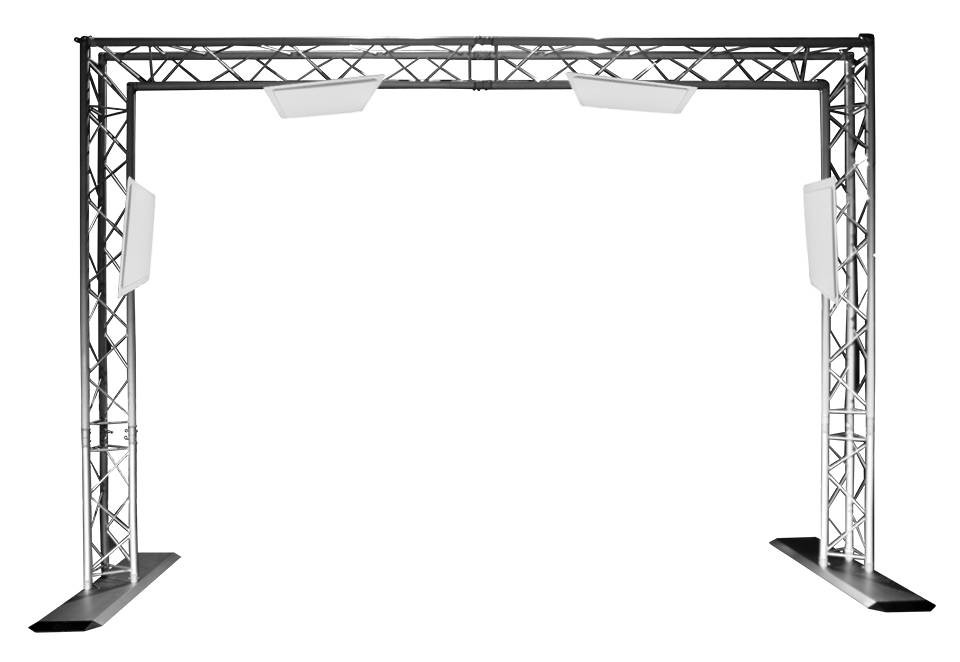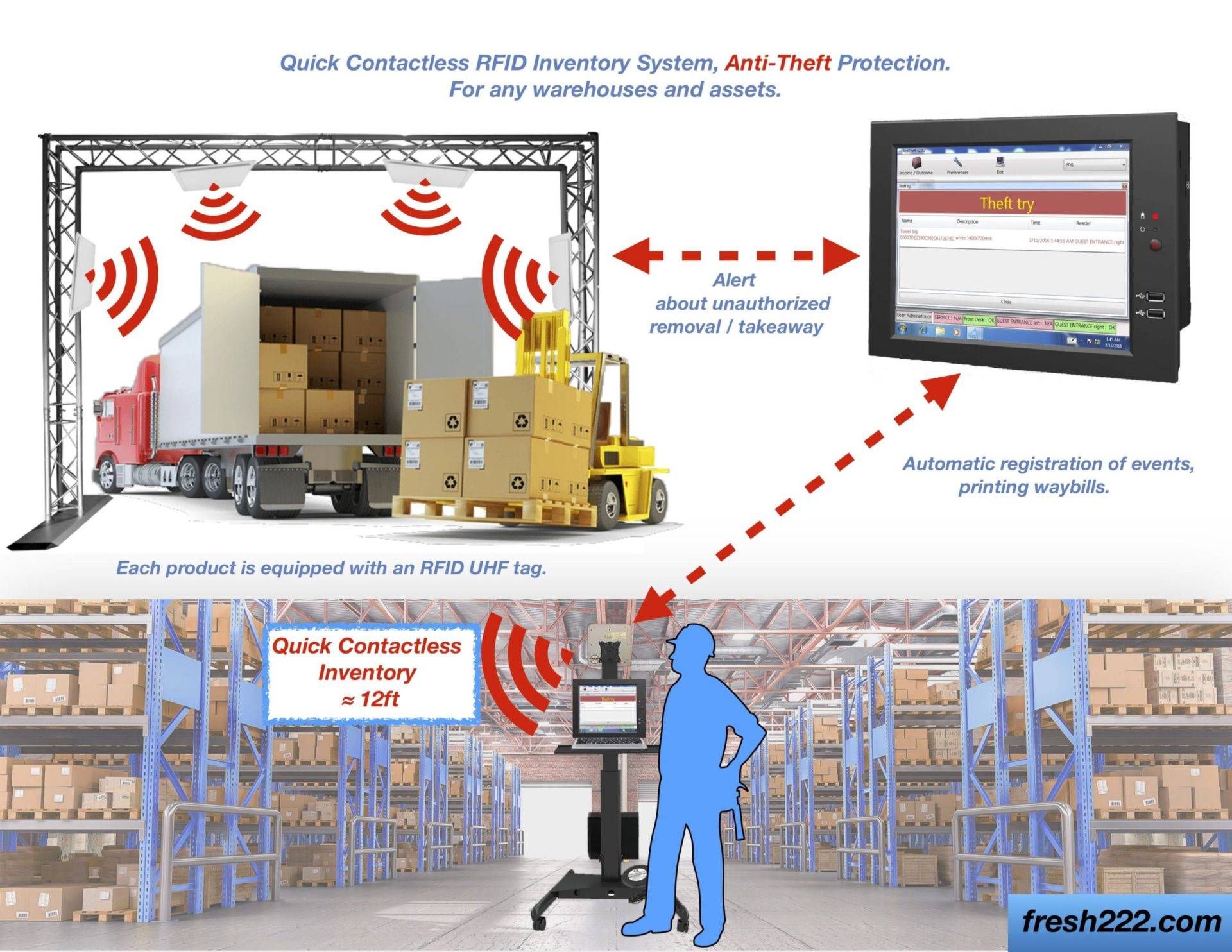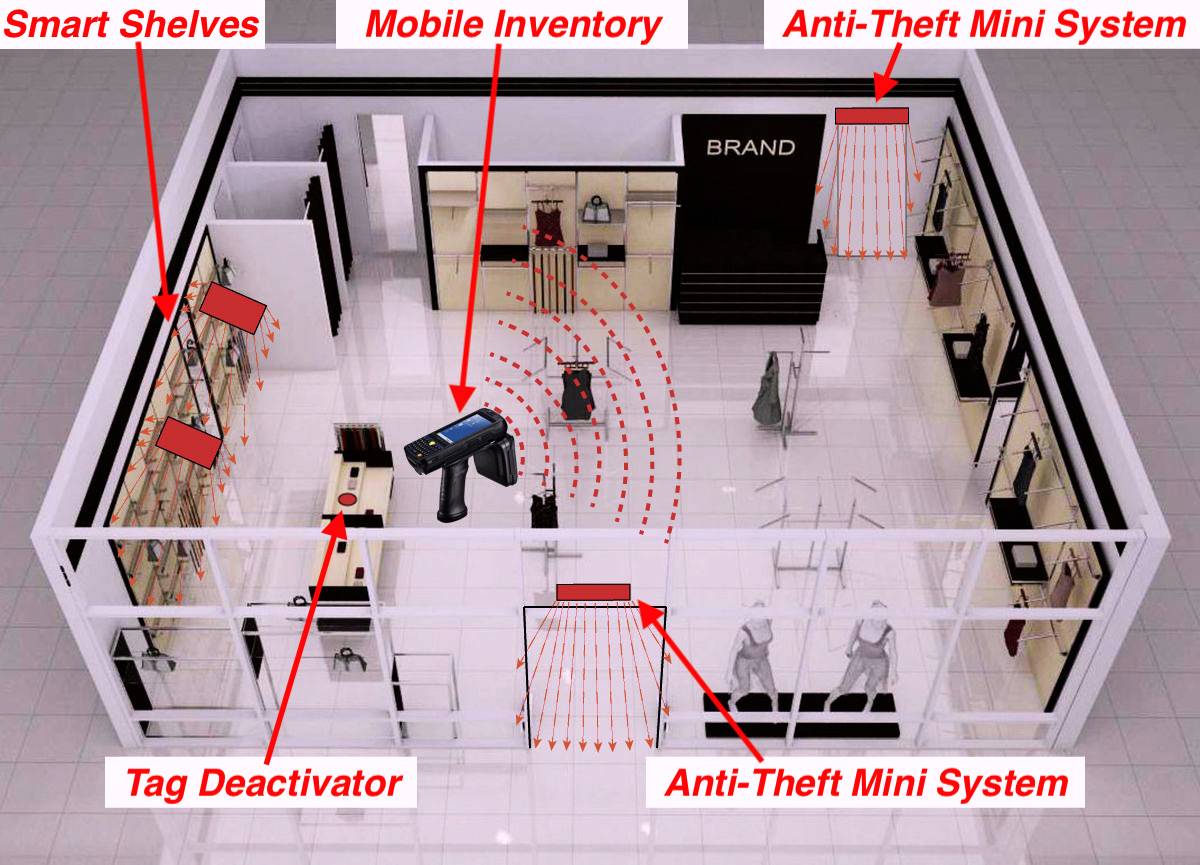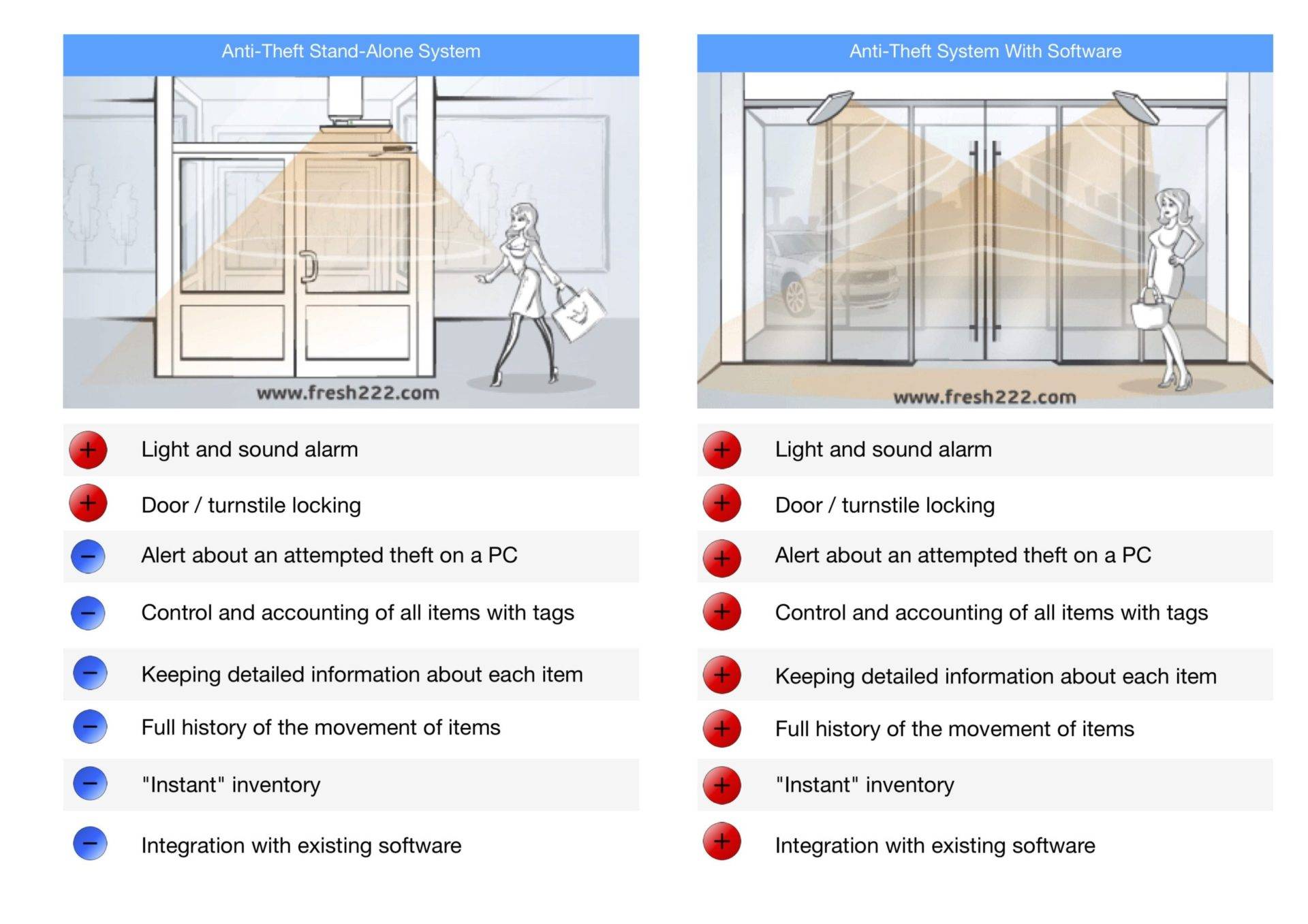Retail Anti-Theft Systems
Retail businesses face significant challenges when it comes to preventing theft and reducing losses. Theft can occur both from external sources, such as shoplifters, and internal sources, including employees. Implementing effective retail anti-theft systems is crucial for protecting merchandise and ensuring profitability.
Importance of Retail Anti-Theft Systems
Retail anti-theft systems play a vital role in safeguarding merchandise, reducing losses, and maintaining a secure shopping environment. These systems not only deter theft but also help in identifying and apprehending thieves, whether they are customers or employees.
Types of Retail Anti-Theft Systems
Security Cameras
Security cameras are a fundamental component of retail anti-theft systems. They provide surveillance coverage of the store premises, enabling real-time monitoring and recording of activities. The presence of visible security cameras acts as a deterrent to potential thieves.
Electronic Article Surveillance (EAS) Systems
EAS systems utilize tags or labels attached to merchandise. These tags trigger an alarm if someone attempts to remove an item from the store without proper deactivation or removal. EAS systems are effective in deterring theft and are commonly used in retail stores of all sizes.
Inventory Control Systems
Inventory control systems help retailers track merchandise levels and identify discrepancies that may indicate theft or loss. These systems use advanced technology such as RFID (Radio-Frequency Identification) to monitor inventory movement and provide real-time data on stock levels.
Employee Monitoring and Training
Employee monitoring and training programs are essential for preventing internal theft. By implementing strict policies, conducting regular audits, and providing comprehensive training, retailers can minimize the risk of employee theft and ensure staff adherence to security protocols.
Cash Register Security Features
Cash registers equipped with security features, such as automatic locking mechanisms and manager overrides, help prevent unauthorized transactions and deter employee theft. These features add an extra layer of security to retail operations, especially in high-risk environments.
Benefits of Implementing Retail Anti-Theft Systems
Implementing retail anti-theft systems offers numerous benefits, including:
- Reduced losses due to theft
- Improved profitability
- Enhanced customer trust and satisfaction
- Safer shopping environment for both customers and employees
- Better inventory management and control
How Retail Anti-Theft Systems Work
Security Cameras: Monitoring and Deterrence
Security cameras continuously monitor store activities, providing visual evidence of theft or suspicious behavior. The mere presence of cameras serves as a deterrent to potential thieves, reducing the likelihood of theft incidents.
Electronic Article Surveillance (EAS) Systems: Tagging and Alarm Triggering
EAS systems employ tags or labels attached to merchandise. When a tagged item passes through an EAS detection system at the store exit without proper deactivation, it triggers an alarm, alerting store personnel to the potential theft.
Inventory Control Systems: Tracking and Discrepancy Identification
Inventory control systems track merchandise movement throughout the store, from delivery to sale. By comparing actual inventory levels with expected levels, these systems can identify discrepancies that may indicate theft or loss.
Employee Monitoring and Training: Prevention and Deterrence
Employee monitoring involves surveillance of employee activities to prevent theft and ensure compliance with security procedures. Training programs educate employees about the importance of theft prevention and provide guidelines for identifying and reporting suspicious behavior.
Cash Register Security Features: Control and Oversight
Cash registers equipped with security features, such as biometric authentication and transaction logging, enhance control and oversight of transactions. These features help prevent unauthorized access to cash and minimize the risk of employee theft.
Best Practices for Implementing Retail Anti-Theft Systems
- Conduct a thorough risk assessment to identify vulnerabilities and prioritize security measures.
- Invest in high-quality security equipment and technology to ensure effectiveness and reliability.
- Train employees regularly on theft prevention techniques and security protocols.
- Implement strict access controls and monitor employee activities closely.
- Maintain updated inventory records and conduct regular audits to detect discrepancies.
- Collaborate with law enforcement agencies to address theft incidents and apprehend offenders.
Conclusion
Retail anti-theft systems are essential for protecting merchandise, reducing losses, and maintaining a secure shopping environment. By implementing a combination of security measures, including security cameras, EAS systems, inventory control systems, employee monitoring, and cash register security features, retailers can deter theft and ensure the safety and profitability of their businesses.
FAQs
- How effective are retail anti-theft systems in preventing theft?
- Retail anti-theft systems are highly effective in deterring theft and reducing losses. However, their effectiveness depends on various factors, including the type of system used, implementation strategy, and employee compliance with security protocols.
- Are retail anti-theft systems expensive to implement?
- The cost of implementing retail anti-theft systems varies depending on the size of the retail operation, the type of systems chosen, and other factors. While there may be upfront costs involved, the long-term benefits typically outweigh the initial investment.
- Do retail anti-theft systems only target external theft?
- No, retail anti-theft systems are designed to address both external and internal theft. In addition to deterring shoplifters, these systems help prevent employee theft and shrinkage, improving overall security and profitability.
- Can retail anti-theft systems be integrated with other security systems?
- Yes, many retail anti-theft systems can be integrated with other security systems, such as access control systems and surveillance cameras. This integration enhances overall security and allows for more comprehensive monitoring and control.
- What steps can retailers take to maximize the effectiveness of their anti-theft systems?
- Retailers can maximize the effectiveness of their anti-theft systems by implementing best practices, such as regular employee training, strict inventory management, and collaboration with law enforcement. Additionally, staying updated on emerging threats and technology trends is crucial for maintaining effective security measures.
